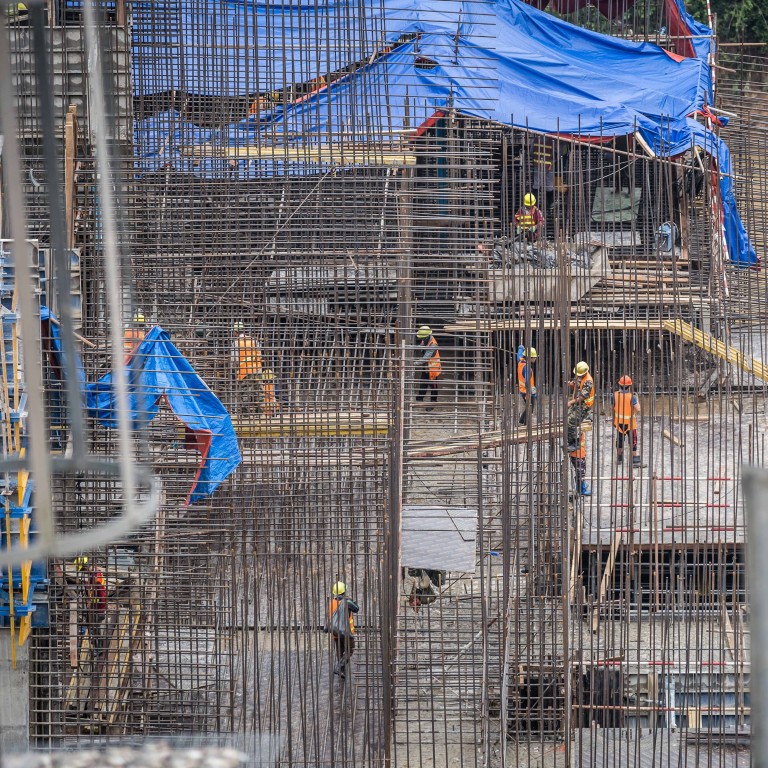
Laos tipped to be the ‘next Cambodia’ as relaxed rules for foreign homebuyers can make it a property investment hotspot
- Amended laws allowing foreigners a leasehold of up to 50 year may spur demand from countries like mainland China, Hong Kong, Japan and Korea
- The legislation also opens the possibility for foreign companies to develop property projects, but ambiguities and risk remain
In August, the government formally rolled out revisions to a new law allowing foreign ownership of flats for the first time in the country, giving foreigners a leasehold of up to 50 years. The legislation also opens the possibility for foreign companies to develop property projects, but as the law has yet to be fully fleshed out, ambiguities and risk remain for foreign investors.
“These new developments will create demand from mainland China, Hong Kong, Japan and Korea,” said Georg Chmiel, chairman at Juwai IQI Group, a Kuala Lumpur-based real estate technology group that specialises in serving Asian buyers. “Some investors think of Laos as the new Cambodia, the next can’t-miss investment that will inevitably bloom in value as the economy grows, more Chinese buyers rush in, and infrastructure is built.”
Cambodia is a foreign investment darling in Southeast Asia, with investment hitting US$3.66 billion in 2019, double the US$1.82 billion in 2015, according to the World Bank.
In Laos, the growing foreign investment, mostly in special economic zones, is likely to usher in more investment in the residential sector as foreign executives look for suitable accommodation.
Five special economic zones, which are fully controlled by foreign investors – three from China, one from Vietnam, and one from Malaysia – include significant residential components and have projected investment worth US$3.2 billion, according to government data.
“China is ranked the number one country for foreign direct investment in Laos. Many real estate projects are built by Chinese investments in Laos. During the past years, it has witnessed a surge of new Chinese expat communities across the country,” said Dino Santaniello, head, Laos, at law firm Tilleke & Gibbins, whose clients include foreign investors.
“Laos certainly welcomes Chinese investment, and there is no doubt that with these rules to ease foreign ownership, the local authorities expect to attract mainland Chinese and Hongkongers,” Santaniello said.
The Boten-Vientiane railway, part of China’s Belt and Road initiative expected to be completed in December, is likely to improve ties and trade between the two countries, he added. The railway will connect the Laos capital to the southwest region of China via the Yuxi-Mohan Railway.
The construction industry is also expected to benefit from the new rules.
“Similarly, this may boost the construction sector to build more [buildings] in Laos offering apartments of the same standards as those of China, Thailand, or Vietnam,” Santaniello said.
The relaxation of rules, however, could further divide the property industry between those catering to local and foreign buyers.
“Even before the new rules, you already had a bifurcated property market. Some property is intended for foreigners, who have different lifestyle expectations and higher budgets. Other properties are intended for locals, who have their own set of requirements and typically lower budgets,” Chmiel of Juwai said.
Risks also remain for foreign buyers.
“The new legal structure has yet to be fully fleshed out. The 50-year lease term could be worrying. And the economy has been shaken to its foundations by the fallout from the pandemic. We advise our buyers to exercise caution and good sense while seeking profitable investments,” Chmiel said.

